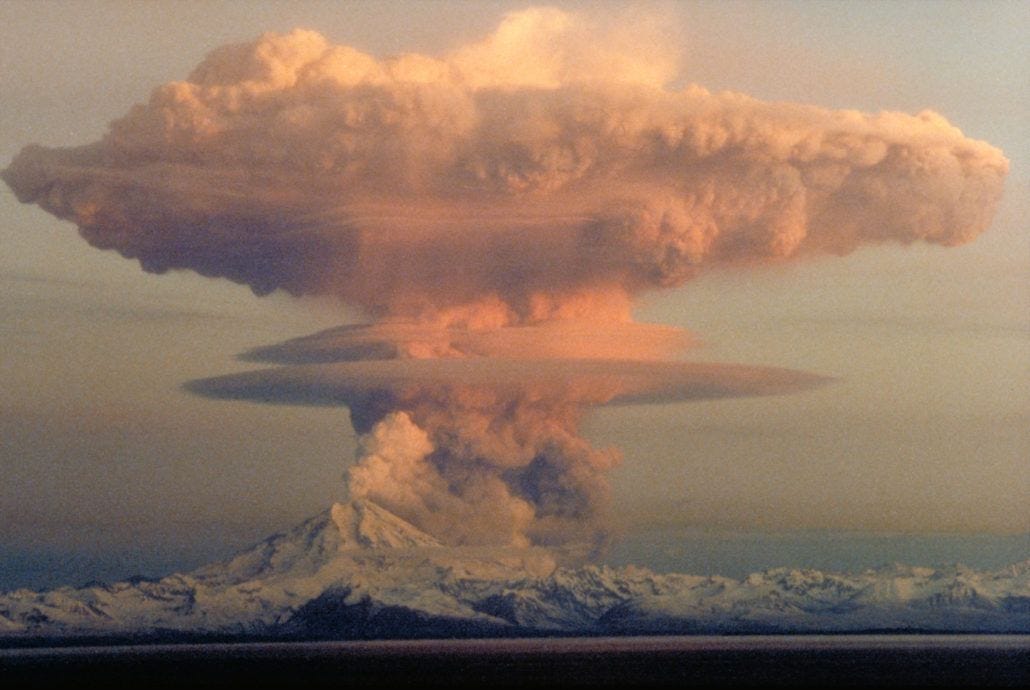What is the Apocalypse?
We're already in it.

One of the strange things about the modern world is our combination of rationalism and chaos.
In the same century we had the Holocaust and the human rights movement. We had the Communist gulags and the civil rights movements.
Today we have more democracy than ever before, but also terrorism.
Perhaps the best symbol for our time is the n…
Keep reading with a 7-day free trial
Subscribe to Chris Waldburger to keep reading this post and get 7 days of free access to the full post archives.


